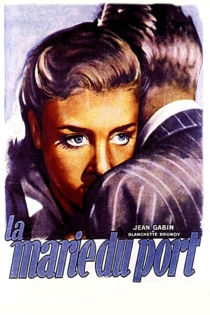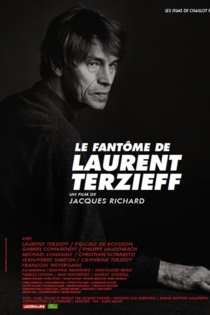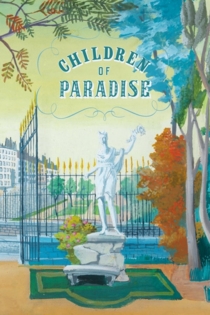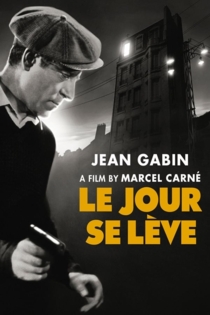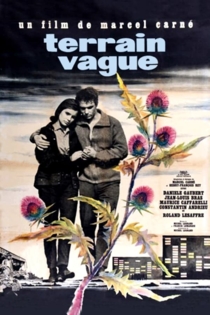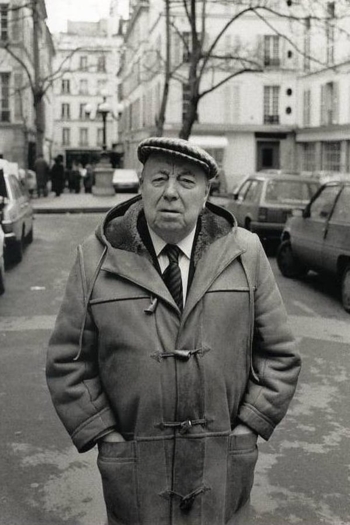
Marcel Carné
1906 - 1996Feyder accepted an invitation to work in England for Alexander Korda, for whom he made Knight Without Armour (1937), but made it possible for Carné to take over his project, Jenny (1936), as its director. The film marked the beginning of a successful collaboration with surrealist poet and screenwriter Jacques Prévert. This collaborative relationship lasted for more than a dozen years, during which Carné and Prévert created their best remembered films. Together, they were involved in the poetic realism film movement of fatalistic tragedies.
Under the German occupation of France during World War II, Carné worked in the Vichy zone where he subverted the regime's attempts to control art; several of his team were Jewish, including Joseph Kosma and set designer Alexandre Trauner. Under difficult conditions they made Carné's most highly regarded film Les Enfants du paradis (Children of Paradise, 1945) released after the Liberation of France. In the late 1990s, the film was voted "Best French Film of the Century" in a poll of 600 French critics and professionals. Post war, he and Prévert followed this triumph with what at the time was the most expensive production ever undertaken in the history of French film. But the result, titled Les Portes de la nuit, was panned by the critics and a box office failure and was their last completed film.
By the 1950s, Carné's reputation was in eclipse. The critics of Cahiers du Cinema, who became the film makers of the New Wave, dismissed him and placed his film's merits solely with Prevert. Other than his 1958 hit Les Tricheurs, Carné's postwar films met with only uneven success and many were greeted by an almost unrelenting negative criticism from the press and within members of the film industry. In 1958, Carné was the Head of the Jury at the 6th Berlin International Film Festival. Carné made his last film in 1976.
Carné was gay and made little secret about it. Several of his later films contain references to male homosexuality or bisexuality. His one-time partner was Roland Lesaffre who appeared in many of his films.
In 1989 a book was published by Edward Baron Turk as part of the Harvard Film Studies that told his story under the title Child of Paradise: Marcel Carné and the Golden Age of French Cinema.
Marcel Carné died in 1996 in Clamart, Hauts-de-Seine, and was buried in the Cimetière Saint-Vincent in Montmartre.
Description above from the Wikipedia article Marcel Carné, licensed under CC-BY-SA, full list of contributors on Wikipedia.
1940, main basse sur le cinéma français
Pierre-Henri Gibert
Sarah-Jane Sauvegrain, Louis-Émile Galey
Paris, 1940. German occupation forces create a new film production company, Continental, and put Alfred Greven – producer, cinephile, and opportunistic businessman – in charge. During the occupation, under Joseph Goebbels’s orders, Greven hires the best artists and technicians of French cinema to produce successful, highly entertaining films, which are also strategically devoid of propaganda. Simultaneously, he takes advantage of the confiscation of Jewish property to purchase film theaters, studios and laboratories, in order to control the whole production line. His goal: to create a European Hollywood. Among the thirty feature films thus produced under the auspices of Continental, several are, to this day, considered classics of French cinema.
1940: Taking over French Cinema
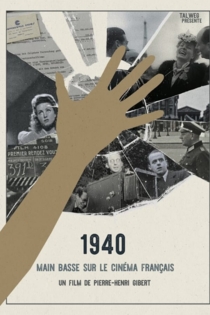
Le quai des brumes
Marcel Carné
Jean Gabin, Michel Simon
Down a foggy, desolate road to the port city of Le Havre travels Jean, an army deserter looking for another chance to make good on life. Fate, however, has a different plan for him, as acts of both revenge and kindness render him front-page news.
Port of Shadows
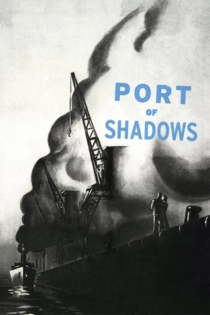
Hôtel du Nord
Marcel Carné
Annabella, Jean-Pierre Aumont
A young couple, Renée and Pierre, take one night a room at the Hôtel du Nord, in Paris, near the canal Saint-Martin. They want to die together, but having shot at Renée, Pierre lacked the courage to finish the job and fled. Another customer, Monsieur Edmond, a procurer, rescues her. When Renée goes out of the hospital, she is hired as a waitress at the hotel. Monsieur Edmond falls in love with her, but Renée is still thinking of Pierre...
Hôtel du Nord
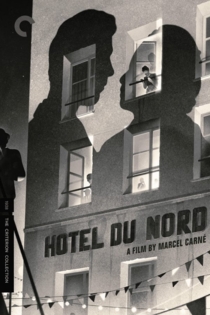
Drôle de drame
Marcel Carné
Françoise Rosay, Louis Jouvet
A French farce set in Victorian London where a botanist and his wife get into trouble when they pretend to go missing in order to hide from their sanctimonious cousin - an Anglican bishop who is leading a campaign against such writing.
Bizarre, Bizarre
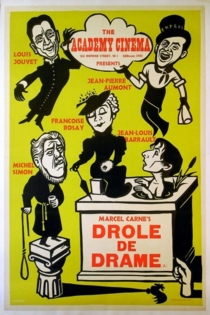
Thérèse Raquin
Marcel Carné
Simone Signoret, Raf Vallone
Star-crossed lovers Thérèse (Simone Signoret) and Laurent (Raf Vallone) think they've gotten away with murder after Thérèse's weakling husband "falls" from a speeding train. But when forced to contend with a blackmailer's demands and the mute accusations of Thérèse's mother-in-law (French stage and screen diva Sylvie, in a scene stealing performance), it's only a matter of time before the law, their passion or blind chance trips them up.
Thérèse Raquin
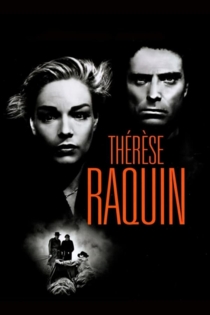
Les Visiteurs du soir
Marcel Carné
Arletty, Marie Déa
At the end of the 15th century, two traveling minstrels Gilles and Dominique come to the castle of Baron Hugues. Gilles charms Anne, Hugues' daughter, while Dominique charms both Hugues and Anne's fiance. Gilles and Dominique are not really in love: they were sent by the Devil to test desperate people. But Anne is so pure that Gilles is caught in his own trap... How will they fight against the Devil?
The Devil's Envoys
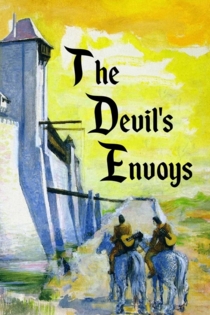
Les Portes de la nuit
Marcel Carné
Pierre Brasseur, Serge Reggiani
Paris, during the winter after its Liberation: Jean Diego meets up with his friend Raymond Lecuyer again. A tramp predicts Jean will meet the most beautiful girl in the world, and that same evening Jean meets Malou. But he soon discovers that her brother Guy was the one that gave his friend Raymond away to the Gestapo...
Gates of the Night
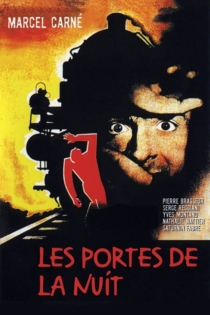
Les Tricheurs
Marcel Carné
Jacques Charrier, Pascale Petit
Bob Letellier, a good looking rich kid who studies science, makes the acquaintance of Alain, a cynical and immoral young man. The latter introduces him to the existentialist circles of Saint-Germain-des-Prés. Bob is invited to a party and becomes Clo's lover, a rich heiress.
The Cheaters
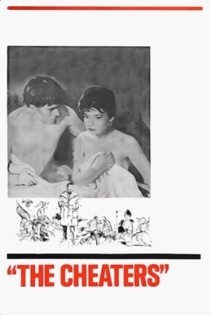
Juliette ou La clef des songes
Marcel Carné
Gérard Philipe, Suzanne Cloutier
Michel has stolen from his employer, Mr Bellanger, for the love of Juliette. He is now in jail. One night, while sleeping in his cell, he wakes up all of a sudden, the gates open and he finds himself in a strange village where all the inhabitants have lost their memory. There, meets Juliette again who seems to agree to marry a powerful man, who might well be Bluebeard...
Juliette, or Key of Dreams
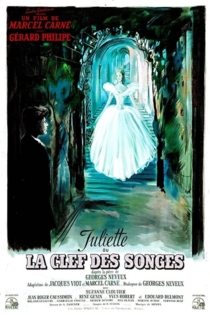
Nogent, Eldorado du dimanche
Marcel Carné, Michel Sanvoisin
A short, early travel documentary about Nogent. The film starts with images of trains, buses, and railway tracks, which are juxtaposed to shots of deserted Paris streets, empty factories, and typewriters packed in slipcovers. It is a natural landscape organized by industrial infrastructure and populated by the urban crowds who are swimming, rowing, canoeing, sailing, fishing, or biking.
Nogent, Eldorado du dimanche
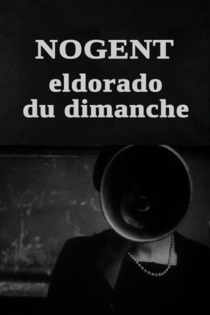
La Marie du port
Marcel Carné
Jean Gabin, Blanchette Brunoy
Henri Chatelard is well into his forties, owns a restaurant and a cinema in the city, and appreciates women. When he meets Marie, an 18-ish strong-head who just lost her father in a small fishing village, it is not clear who is the hunter and who is the prey.
Marie of the Port
